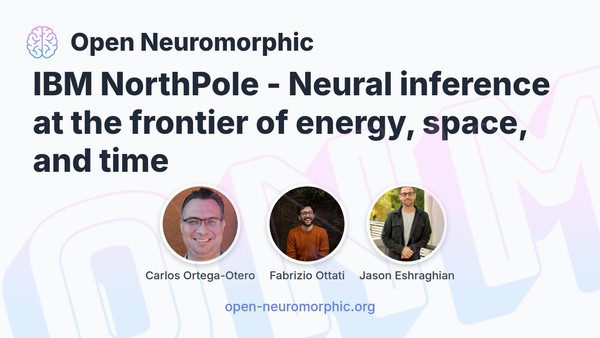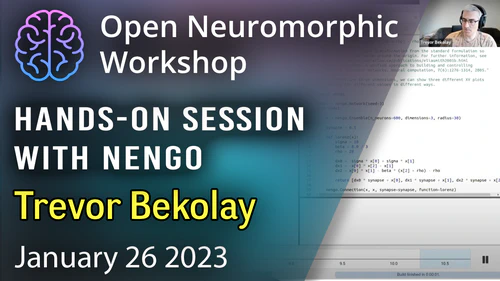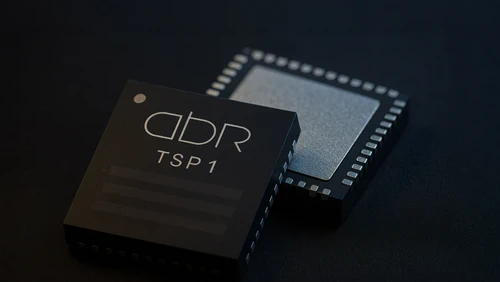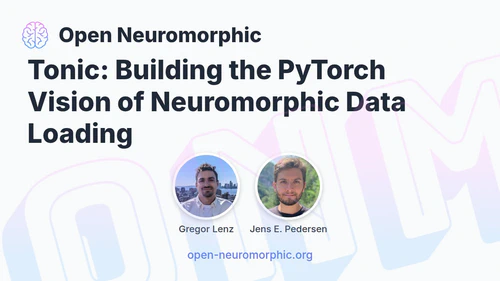Computing, since its inception, has been processor-centric, with memory separated from compute. Inspired by the organic brain and optimized for inorganic silicon, NorthPole is a neural inference architecture that blurs this boundary by eliminating off-chip memory, intertwining compute with memory on-chip, and appearing externally as an active memory chip. NorthPole is a low-precision, massively parallel, densely interconnected, energy-efficient, and spatial computing architecture with a co-optimized, high-utilization programming model.
On the ResNet50 benchmark image classification network, relative to a graphics processing unit (GPU) that uses a comparable 12-nanometer technology process, NorthPole achieves a 25 times higher energy metric of frames per second (FPS) per watt, a 5 times higher space metric of FPS per transistor, and a 22 times lower time metric of latency. Similar results are reported for the Yolo-v4 detection network.
NorthPole outperforms all prevalent architectures, even those that use more-advanced technology processes.

Upcoming Workshops
No workshops are currently scheduled. Check back soon for new events!
Are you an expert in a neuromorphic topic? We invite you to share your knowledge with our community. Hosting a workshop is a great way to engage with peers and share your work.
Inspired? Share your work.
Share your expertise with the community by speaking at a workshop, student talk, or hacking hour. It’s a great way to get feedback and help others learn.








